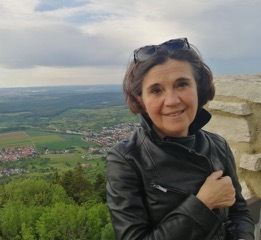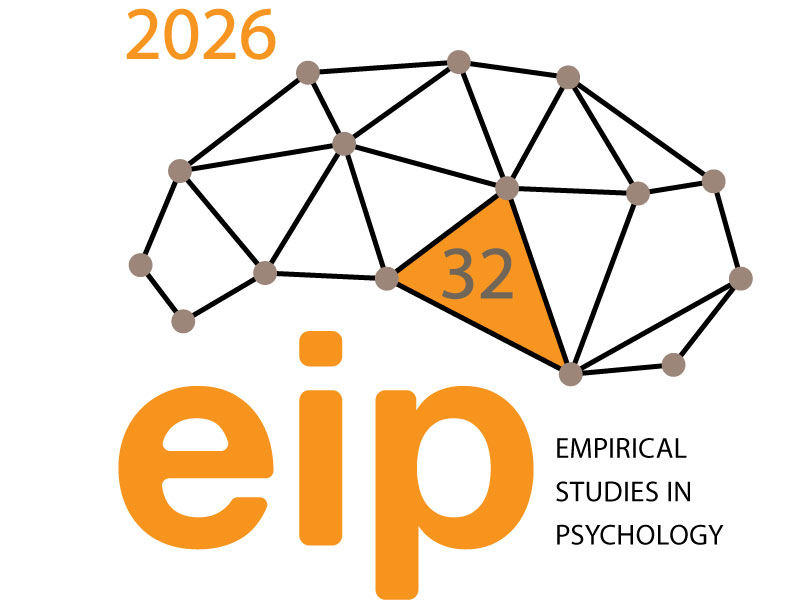Situating language learning and processing in the real-world
Gabriella Vigliocco
Experimental Psychology, University College London
Most studies of language use investigate individuals listening to spoken words, or reading text, grounded in traditional theoretical views of language as abstract and symbolic. Listening to speech or reading, however, are only two among many communicative contexts in which we use language, they permit a high degree of experimental control, but they do not represent the communicative context in which language is learnt and very often processed in adulthood. As infants, we learn language in face-to-face interactions with caregivers and much of our language use in adulthood continues to be in face-to-face contexts.
Face-to-face language is multimodal (in addition to speech, listeners also process non-linguistic information such as prosody, gestures, etc) and social (it implies interacting individuals). In this talk I will present work that my lab has carried out in the past 5 years that primarily asks whether and how multimodal, non-verbal information affects language (word) learning and processing. I will present results from analyses of a naturalistic corpus (ECOLANG) of caregiver-child dyadic interaction, from electrophysiological experiments using (more) naturalistic stimuli that show how so-called non-verbal behaviours support word learning and are dynamically integrated with speech during language comprehension. While most of the evidence presented in the talk will concern multimodality, I will end discussing the importance of social interaction and present some initial results that show how learning of semantic information from language can benefit from being embedded in a dialogue.
 |
Gabriella Vigliocco is Professor of the Psychology of Language in the Department of Experimental Psychology at University College London , where she directs the Language and Cognition Laboratory. She was awarded her PhD from the University of Trieste in 1995 and completed her postdoctoral studies at the University of Arizona before serving as a visiting scientist at the Max Planck Institute for Psycholinguistics between 1999 and 2000. Vigliocco leads a multi-disciplinary team comprising psychologists, linguists, computer scientists and cognitive neuroscientists who share a vision that the integration of multiple levels of analysis and the use of different methodological approaches can lead to a better understanding language and cognition. They seek to understand the relationship between language and other aspects of cognitive function and to use this knowledge to impact education and improve the lives of people with language disorders. |
